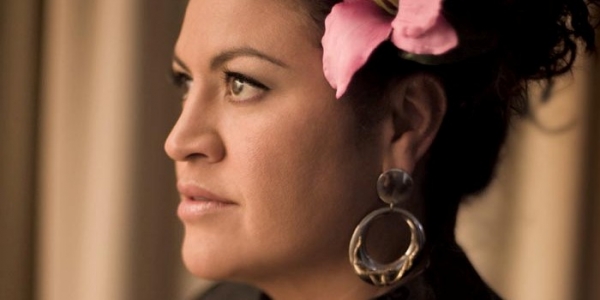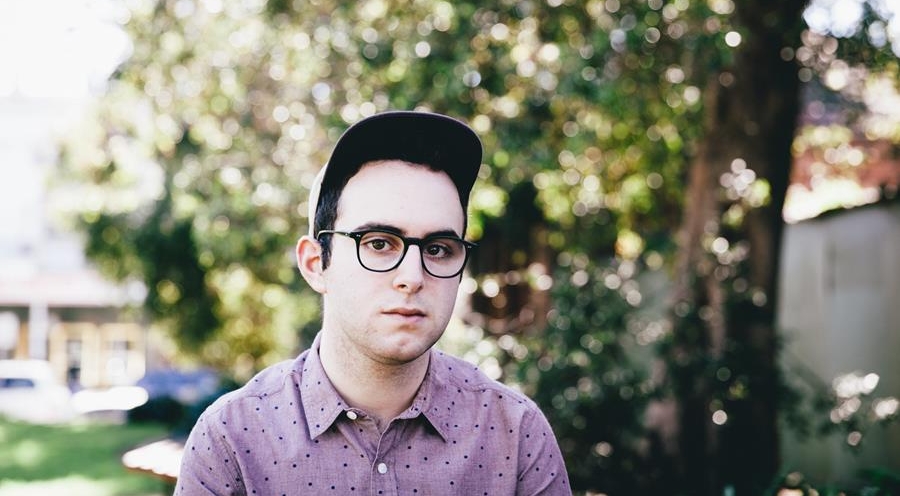“That’s what PBS is all about,” says the station’s General Manager, Adrian Basso. “We’ve got all these experts, the train drivers, and they take people on a journey. Listeners connect with the announcer and they trust their expertise and knowledge and curation.”
As you probably know, community radio isn’t a corporate affair. To stay on course, PBS depends on the financial support of its listeners. Rather than simply making a donation, PBS listeners are invited to become members. “Whether it’s $40 for a concession or $85 for a proud membership, it’s not a real big ask and we get lots of people doing it, which is great,” Basso says.
Listeners can join the club at any time in the year, but from Monday May 11 till Sunday May 24, the PBS Radio Festival will look to gather as many memberships as possible. Along with a splash of civic pride, everyone that purchases or renews a membership during the festival goes in the running for a stack of impressive prizes.
“We’ve always got businesses putting up their hands saying ‘How can I help?’” Basso says. “Whether it’s tickets to Golden Plains or the Vespa motorcycle or the Maton guitar, people are really generous in donating. It’s not like we have to go knocking on doors, begging for people to provide the prizes. It’s almost the opposite. They value what we do and they want to help.”
In spite of this dazzling array of prizes, requesting money for something that’s generally considered free can probably be a bit of a headache. However, once listeners are acquainted with PBS’s unique identity and recognise the station’s role in sustaining a strong local music scene, recruiting members isn’t overly difficult.
“I’m always pretty optimistic that people will get on board and I haven’t really seen it dwindle over the last many years,” Basso says. “If anything it’s had a steady trajectory, which probably has a lot to do with all the rubbish that’s out there. In many ways, what we do, I think people want in their life.”
Speaking of rubbish, in comparison to the glut of advertising that dominates commercial radio, the cost of a PBS membership is a small price to pay. “Commercial stations jam their advertisers down your throat,” Basso says. “They’re there to make money and they use radio as a method of doing that, whereas PBS is about inspiring and nurturing and championing Melbourne’s diverse music community. Then we ask our listeners to pitch in if they agree and connect. I think Melbourne’s a very supportive community. Proof of that is that we’ve been around for 35 years.”
Over the course of that 35-year stretch, a lot of people have passed through the PBS doors – Basso himself came on board as the station’s general manager in 2007. However, one voice has been on air since the beginning; presenter of Acid Country, David Heard.
“He won Citizen of the Year a couple of years ago in the City of Yarra and took out some awards at the annual community radio conference,” Basso says. “Someone dedicated like that for such a long time can end up playing a really strong role in the music community. He’s very much loved and respected by listeners and musicians alike.”
Like all PBS announcers, Heard’s there on a volunteer basis. Though, volunteering doesn’t mean simply showing up blind and trying your luck behind the mic, as Basso explains. “There’s a lot of time that goes into it. If you do a two-hour program once a week, often it takes a day to do preparation for your program. You want to get that sense that it’s off the cuff and spontaneous, but there’s a lot of work that goes on in the background and leading into it. The skill is making it come off as warm, engaging, compelling and not stilted and over-prepared.”
The announcers’ genuine passion underpins PBS’s commitment to maintaining and evolving Melbourne’s cultural identity. In truth, it’s hard to imagine Melbourne’s music scene could be quite so prominent if it weren’t for community broadcasters like PBS, Triple R and SYN.
“I think Melbourne’s broader community is strengthened by these stations,” Basso says. “We bring people together. In many ways the modern era has disconnected people from things. We bring back some local reality. We get out and do things in the community. For instance, our Rock-A-Bye-Baby Music Sessions, where we put on bands that any adult would go and see and we put them in a child friendly place so parents can listen to music that’s not painful. We’ve got the Young Elder of Jazz, where we help a budding jazz composer in their career. We’re quite active in trying make sure music’s strong and in turn I think that makes sure the community’s strong too.”
BY AUGUSTUS WELBY







